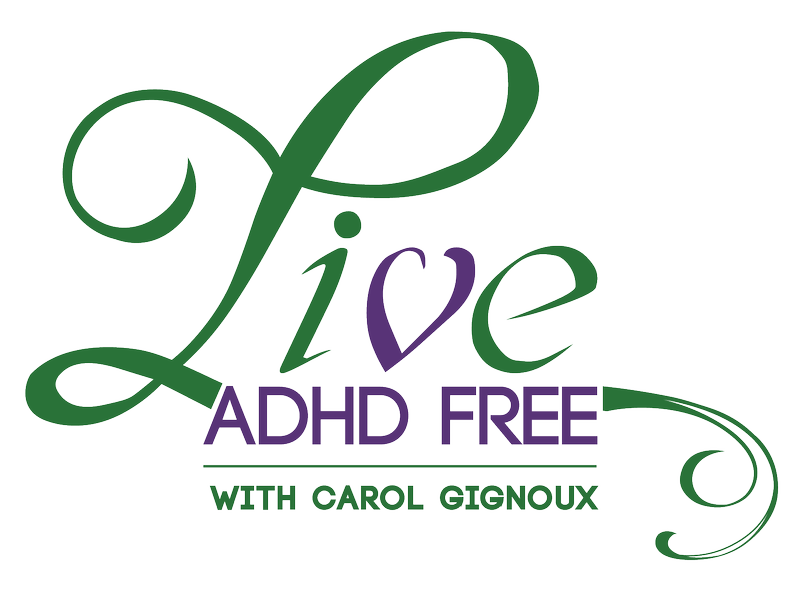Being diagnosed with ADHD doesn’t mean you’re trapped.
It means you’re free.
You may not believe me. You may be worried about the stigma that comes with ADHD, or any mental health diagnosis. That’s why so many of us put off seeking help, isn’t it? Because ADHD sounds like a life sentence. It’s a label we don’t want to live with. It looms as a worst-case-scenario in our imaginations.
Delaying the Inevitable
So we refuse to admit that something’s wrong and we muddle through. We struggle in school and at work with things that seem to be easy for others – punctuality, organization, focus. Family relationships get strained. We lose jobs. Boyfriends or girlfriends never stick around for very long. There are rough patches with money. We try to self-regulate but can’t find a system that works. We try to self-medicate, which comes with its own set of consequences.
The list of negative effects grows, and that nagging impulse to get serious about help grows louder, but we put it off. Life has been hard enough, hasn’t it? Always being scolded or punished. Always reminded that we don’t quite fit in. Maybe even teased about being “so ADD” for years. Why confirm the label, and make all of the grief official?
What ADHD Really Means
But ADHD isn’t an arbitrary label, and it isn’t a fad, and it isn’t like catching a virus. It is nothing more or less than a brain type. It is a name that indicates a different body chemistry and neural pathway system in brain tissue. As long as you’ve had a brain, you’ve had ADHD. It’s not good or bad. It’s science.
An estimated 15-20 million American adults, adolescents, and children have ADHD, and that number could be even higher because of people who avoid diagnosis. The classic symptoms of ADHD are inattention, impulsivity, emotionality and sometimes hyperactivity. Not just fleeting moments of overreacting or making rash decisions, but long, drawn-out periods of those behaviors, with sometimes severe consequences. Often the trouble caused by the primary symptoms leads to a second group of symptoms, including depression, anxiety, low self-esteem, boredom, addictions and poor self-image.
Welcome to the Rest of Your Life
As soon as you get your diagnosis, everything will make more sense. The quirks that isolated you for your whole life are suddenly behaviors shared by 15 million other Americans. You’ll discover a library of resources to help you gain stability in your life and achieve your dreams. You’ll learn the tricks and tips from experts to make everyday life much simpler (and more fun). You’ll begin to advocate for yourself with the special rights that protect you from discrimination. You’ll be welcomed into a huge, lively network of people who are ready to cheer you on.
Don’t wait another minute for your diagnosis. Because as soon as you know, for sure, that you have ADHD, that’s the day you take your first step to living ADHD-free.

